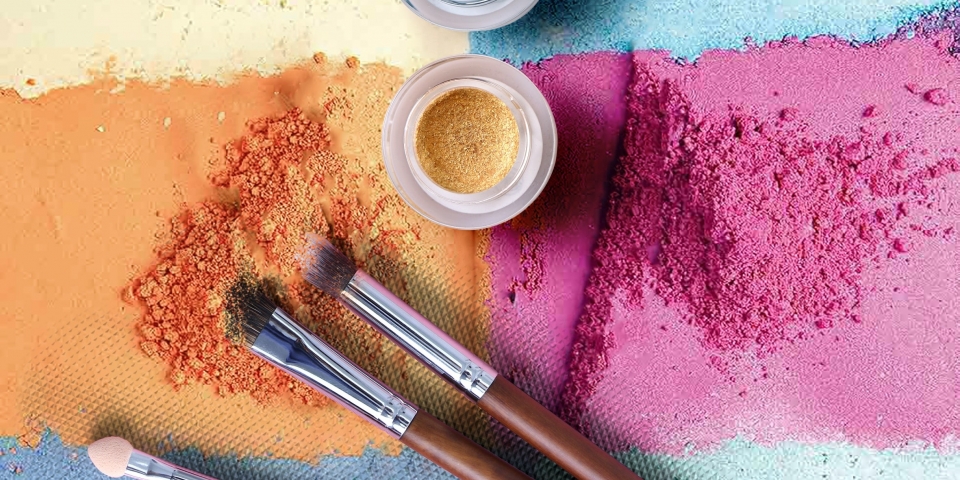


The EU SME Centre has recently received a specific inquiry on the possibility to avoid animal testing in China for ‘general use cosmetics’, if in possession of a GMP certificate released by a government body in Europe. Since animal testing is a topic receiving enormous interest from European exporters, we publish here the response provided by expert.
Original question:
“Based on the new cosmetics regulations, a GMP certificate released by internationally acknowledged certification bodies can be used during the notification and registration of general use cosmetics. However, this will still require the cosmetic to go through animal testing.
If the brand owner of the cosmetic is not willing to do animal testing (in line with company’s ethics policy), according to the new regulations a possible option could be to obtain a GMP certificate but released by a local / national government, rather than by certification bodies. Our product is already produced and commercialised within the European Union.”
Questions: Is the above information true? Is it possible to obtain such government issued GMP certificate in Europe?
Answer from EU SME Centre’s expert:
In June 2020, the Chinese Government issued a new Cosmetic Supervision and Administration Regulation, which acts now as main legislative text for cosmetics in China. The new Regulation came into force on 1 January 2021. Meanwhile, several regulations and implementation measures have been issued by NMPA: to date all of them are still in “draft for opinion” version. One of these drafts states that:
“Overseas production enterprises shall submit the originals of qualification certificates or documents that the production enterprise conforms to the quality management system [ISO] or good manufacturing practices [GMP], issued or approved by the competent government departments, certification bodies or third parties of the country (region) where the company is located. If the company cannot provide the original, a copy notarized by a Chinese notary office should be provided. The certification materials for overseas production standards should at least state the name of the manufacturer and the actual production address”.
This provision, whose aim is allowing foreign companies to avoid animal tests for registration of “non special purpose” cosmetics, is still in draft version, not into force yet. I know that several rumours deem this reform as already operative; however, it is expected a final approval in a near future (the time is not in our hands, it depends on Government decisions and plans). If the text will be approved in the same version, this will mean that:
In overseas environments, especially in a number of countries), there is a lot of enthusiasm for this reform. For instance, the French Government has already set up a dedicated online platform to allow French cosmetics companies to apply for the GMP certification with specific reference for registration in third non-EU Countries. The platform was launched on 12 January 2021, indicating a cost of 1,400 EUR for the GMP certificate to be released by the French National Agency for Medicines Safety.
However, for the time being, it must be considered a too early initiative for purpose of registration in China, because, as said, the reform is currently underway, and there is no guarantee on whether Chinese NMPA will accept it, or not.
In conclusion, we suggest to closely follow the development on the new cosmetics regulations in China, particularly to monitor when the reform will be fully operative. Only after then, and before applying for an overseas GMP certificate, we advised to ask through a Chinese regulatory affairs agency if the specific GMP certificate that the company would like to get in its country (according to the place of manufacture of cosmetic to be registered) really fits with Chinese NMPA expectations for registration of overseas cosmetics.
The EU SME Centre pays great attention to the topic of standards and compliance for cosmetics exported from Europe to China – and in particular on animal testing. Relevant training sessions and webinars will be organised within the next couple of months – stay tuned!
Are you interested in knowing more details about the matter or have other questions related to doing business in China? Send your queries to our experts here.